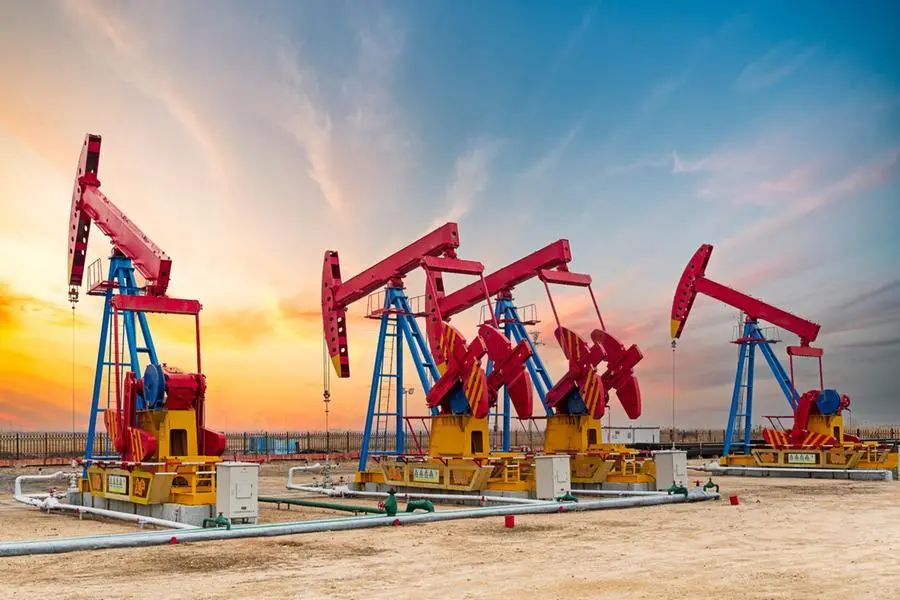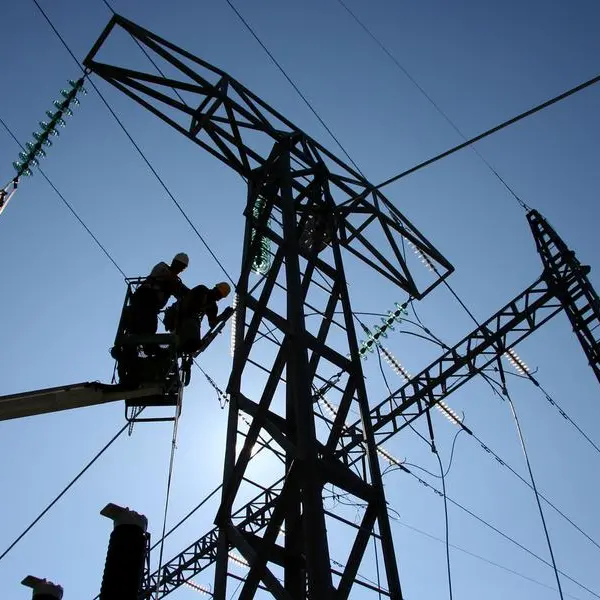PHOTO
Uncertainty continues about the future of the Greek-flagged vessel Sounion, which was attacked by Houthis in the Red Sea. The worst-case scenario of the incident would be an oil spill that could impact Yemen, Saudi Arabia and Eritrea, according to an analyst.
Earlier in the week, it appeared the vessel, carrying 150,000 tons of crude, could be salvaged as Yemen’s Houthi group was said to have agreed to allow tugboats and rescue ships to reach it.
But footage emerged on Thursday of the group setting off blasts on board the vessel, which was en route from Basra in Iraq to Greece when it came under attack on August 21.
The crew was evacuated following the attack, but uncertainty has remained since about how to salvage the vessel and its cargo from its position south of Aden, Yemen.
Keaton Fitzpatrick, Senior Operational Risk Analyst, BMI, said developments are unfolding on a daily basis, and any agreement to allow tugboats to reach the ship does not indicate a truce or protect future other vessels from attack in the future.
What if Sounion suffers further damage?
While reports said on Friday that there is no oil spill detected, if the vessel suffers further damage, an oil spill involving all 150,000 tons of the ship’s crude cargo would be the worst-case scenario, Matt Sechovsky, BMI's head of ESG country research.
If the spill took place, there would be implications for all of Yemen’s western coast, parts of the western coast of Saudi Arabia and eastern coast of Eritrea within three weeks, according to BMI’s modelling of similar incidents.
“Air pollution would also increase across Yemen’s western coast and in the southernmost parts of Saudi Arabia’s western coast,” said Sechovsky.
International shipping would also be affected with Red Sea insurance having already doubled, according to Reuters reports.
Operations at Yemeni ports of Hudaydah and Salif would be most heavily disrupted, with Saudi’s Jizan Port, Eritrea’s Assab Port, and Yemen’s Aden Port could potentially be affected.
Tourism in Saudi Arabia and Saudi desalination plants, some of which are located in southern parts of Saudi west coast, could also be affected if the oil spill is unaddressed, the analyst said.
The next FSO Safer?
An example of a similar scenario is the FSO Safer, a floating oil storage vessel that remained unaddressed for nearly eight years from 2015-2023 after an attack during the Yemeni Civil War, with salvage craft unable to reach it due to conflict in the area.
However, the UN estimated that 98% of its cargo had finally been safely moved by August 2023.
Impact on ship movements
Fitzpatrick said prior to the start of the Red Sea attacks in December, 70 ships would pass through the Bab el-Mandeb Strait on a daily basis, with that number reduced to 23 per day so far in August, a trend BMI expects to persist.
The Philippines’ Department of Foreign Affairs has urged Filipino seafarers to exercise their right to refuse sailing in the Red Sea in an announcement after the attack on the Sounion.
Several cruise liners have opted to cancel or change itineraries to avoid the Red Sea and some Chinese boxships have opted, where possible, to transit the Arctic Sea to avoid the Red Sea.
Navigation Response, speaking on behalf of the Delta Tankers which operates the Sounion, said it was doing everything it can to move the vessel and cargo, but could not comment further for security reasons, adding that it was grateful for the assistance provided by naval force EUNAVFOR.
Anastasia Zania, senior shipping analyst, Energy Aspects, said it was the fourth attack on a tanker carrying crude or products westbound from the Middle East Gulf via the Red Sea to the Mediterranean in August, and the third one on the same operator.
Energy Aspects is currently observing a Suezmax vessel, Delta Spirit, that loaded out of Basra in Iraq, to see if it would attempt to transit the Red Sea or take the Cape of Good Hope.
LSEG data confirmed Friday that the vessel was in the Arabian Sea.
(Reporting by Imogen Lillywhite; editing by Seban Scaria)





















